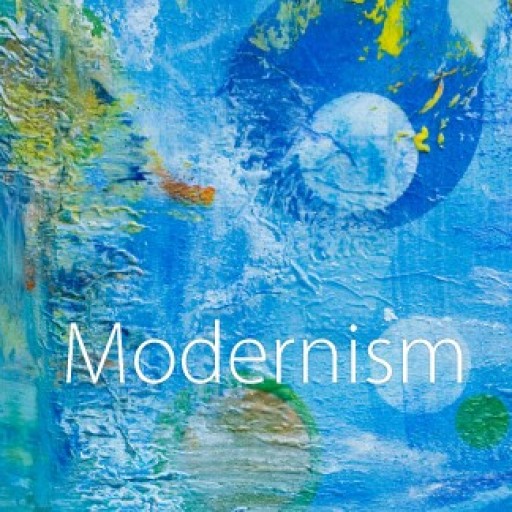Modernist Features in Jean Toomer’s short story “Karintha”
In Jean Toomer’s short story “Karintha” he writes about a girl that had to grow up too early as she was treated like an adult at an early age. Men of all ages wanted her because of her beauty; young men could not wait until she was old enough and old men wished they were younger to have a chance with Karintha. It almost seems like men forced her to grow up early to fulfill her role as a woman. With the sentence “This interest of the male, who wishes to ripen a growing thing too soon” (5) Toomer wants to emphasize how selfish these men where as they did not care about her as a child, all they considered was the possibility to mate with her. Already in her childhood Karintha was treated like an object that will be sold to the highest bidder, which turned in to her live as an adult.
There are two different ways of characterizing Karintha in this story; other than the men who desire her, Toomer avoids to sexualize her with his choice of words. He tries to avoid assumptions and always finds alternative, lacking ways of describing things, relying on the readers own interpretation. An example for that is the fact that men are bringing money to Karintha. Although her profession is quite obvious, Toomer does not categorize her and never calls her a prostitute. Furthermore, though he describes Karintha as a one-dimensional character limited to her physical appearance, Toomer never mentions her being smart, nor does he say she’s stupid. Also racial tension seems to be absent in this piece. Whereas the description of Karinthas’ skin color “like dusk, when the sun goes down.” (5) indicates that she is a black women, as “dusk” refers to diminishing light at the end of the day and can be associated with something “dark”, there is no indication of race given for Karinthas admirers. Toomer appears to avoid interracial themes in this story, which emphasizes the fact that he wants to be seen as a modernist rather than an ethicist.
Works Cited
Toomer, Jean. “Cane.” Ed. Byrd, Rudolph P and Gates Jr, Henry Louis. A Norton Critical Edition. 2nd Edition. London: W. W. Norton & Company, 2011. Print.

Leave a Reply